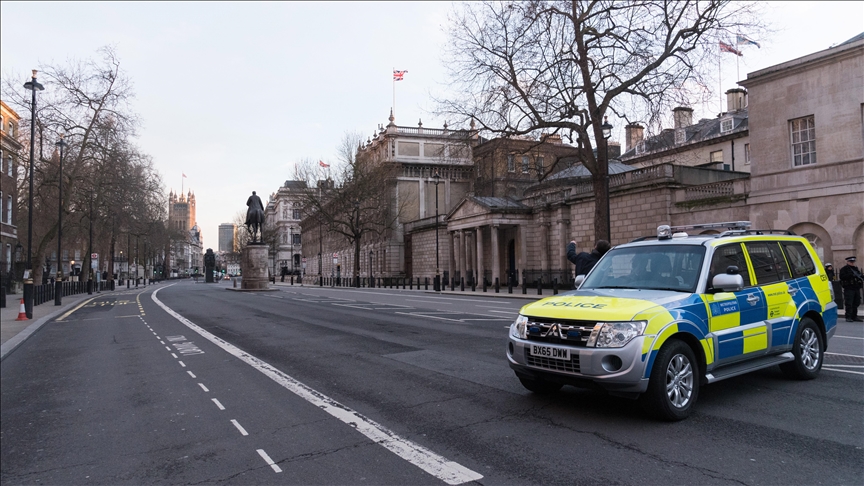
The UK government unveiled a new counter-terrorism strategy on Tuesday, its first revision in five years, which highlights that “those convicted of terrorism or a related offence may continue to pose a threat.”
The strategy, named CONTEST 2023, delineates the government’s approach to addressing terrorist threats or emergencies.
“Islamist terrorism is currently the largest terrorist threat faced by the UK in volume, making up around three quarters of (domestic intelligence service) MI5’s caseload. Extreme right-wing terrorism almost exclusively represents the remaining threat,” according to a government statement.
During the announcement of her preventative measures against such attacks, Home Secretary Suella Braverman emphasized that the risk of terrorism in the UK is “constantly evolving and escalating.”
Braverman’s counter-terrorism strategy under CONTEST 2023 recognizes Islamic terrorism as the primary domestic threat, which was responsible for two-thirds of the attacks in 2018.
The strategy highlights technology as one of the major challenges, particularly the internet, which it identifies as a global security concern.
It also said there is a possibility that individuals associated with specific movements and subcultures, such as the Involuntary Celibacy (Incels) movement, could potentially demonstrate terrorist intentions or engage in terrorist activities.
Regarding prisoners, the strategy highlights that those convicted of terrorism or related offenses may still pose a threat, noting that “four of the nine declared terrorist attacks in the UK since 2018 were perpetrated by serving or recently released prisoners.”
– ‘UK terrorism risk rising’
On the strategy, Braverman said that “any death or injury resulting from terrorism is a tragedy, and the impact on survivors, witnesses and wider society is immeasurable.”
“The terrorism risk we face today is rising and becoming harder to detect. This is why the transformational changes and vital partnerships set out in CONTEST 2023 will modernize our approach and make us all safer,” she added.
According to the country’s Foreign Secretary James Cleverly, the UK’s efforts in countering terrorist threats have proven effective.
“Alongside our allies, we have suppressed a great number of the most serious threats in the last five years. We continue to adapt our approach to tackling the evolving and enduring threats,” he said.
The strategy was last released in 2018 after a tumultuous year of terrorist attacks in the UK, including the Manchester Arena bombing and the London Bridge stabbing attacks in 2017.
